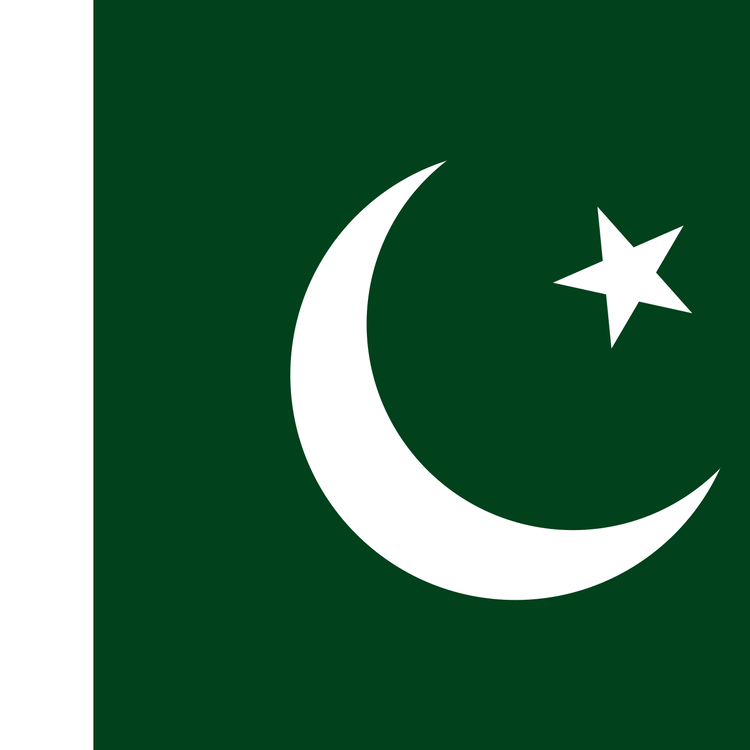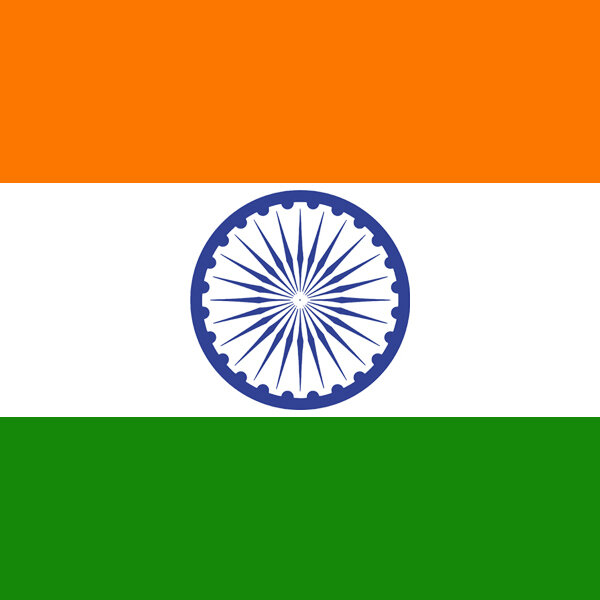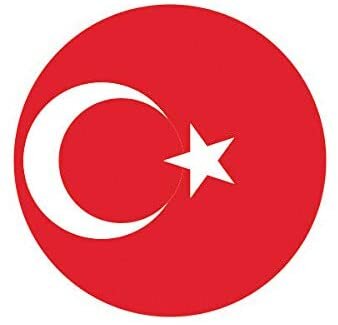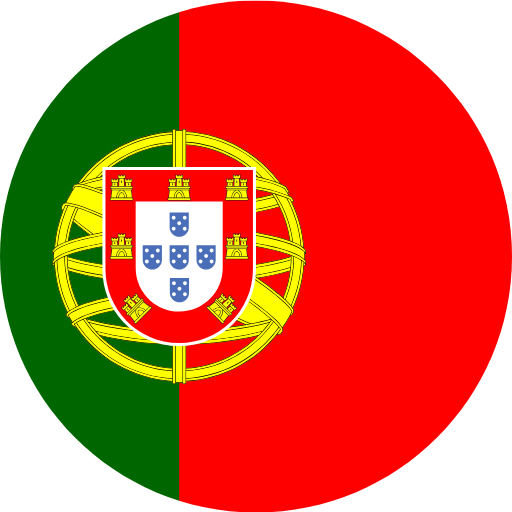
Childlessness refers to the voluntary or involuntary choice an individual or a couple might make to not have a child or children. It can be the result of a conscious, deliberate choice that might be linked to a fundamental lack of desire to have a child, which more frequently than not has to do with one’s relationship with their own parents. In this case, it often concerns healthy and sexually active individuals or couples that live in relative prosperity and choose not to become parents. But it can also be an involuntary, unintended and often inescapable decision to remain childless, that often follows on from a more or less lengthy journey of unsuccessful fertility treatments and/or miscarriages.
We live in a society that encourages and values procreation, where the parenthood imperative and the stigma of infertility and childlessness can be strongly experienced by an individual or a couple. The pursuit of educational and professional goals, getting married at an advanced age, the increase of divorce rates and the widespread availability of birth control, are factors that may lead a couple to delay childbearing. That delay can result in them not being able to conceive when they would actually feel ready to. Faced with infertility, a couple might decide not to pursue fertility treatments and remain childless. Similarly, the increase in the number of women or men who stay single, often also results in them being childless. In most of these situations, childlessness meets with disbelief and criticism coming from the immediate family or social circle, or even with pressure to reconsider and still try to have a child - sometimes even as a single parent.
It’s important to note that there is no hard evidence to suggest that people who are voluntarily childless are less happy and more isolated than those who have children. That being said, people who choose to be childless will often experience judgment from others, particularly if they are from pronatal countries (i.e., nations that highly value parenthood).
No matter whether it concerns an individual or a couple and regardless of whether it is voluntary or involuntary, childlessness inevitably involves some forms of loss, to a different extent for each individual and depending on the dynamics of their own personal story. For example, it can involve the loss of the ideal child one could have had or loss of the opportunity to revive and repair one’s inner child, through a child of their own. It equally pushes individuals to renegotiate their place within generations, preventing them from operating the generational shift that would make them parents and not only children of their own parents. Ultimately, it touches upon their relationship with the concept of death, since having a child, often allows an individual to ensure some continuity of their existence after they pass. In that sense, not having a child, deprives them of a chance to defy death and compels them to accept that difficulty or come up with alternatives.
At Thrive Wellbeing Center, we value individual choices and are here to support you in whatever choice you might feel is good for you, individually or as a couple.
Call us now and let us help you understand and cope with the challenges childlessness represents for you, own your decision and achieve a sense of agency in being childfree.
At our psychology clinic, we have three psychologists who can support you - Dr. Vassiliki Simoglou, Dr. Kate Prozeller, and Pashmi Khare (M.Sc.)

Call us now and let us help you understand and cope with the challenges childlessness represents for you, own your decision and achieve a sense of agency in being childfree.

We are here to support you and your family.






























